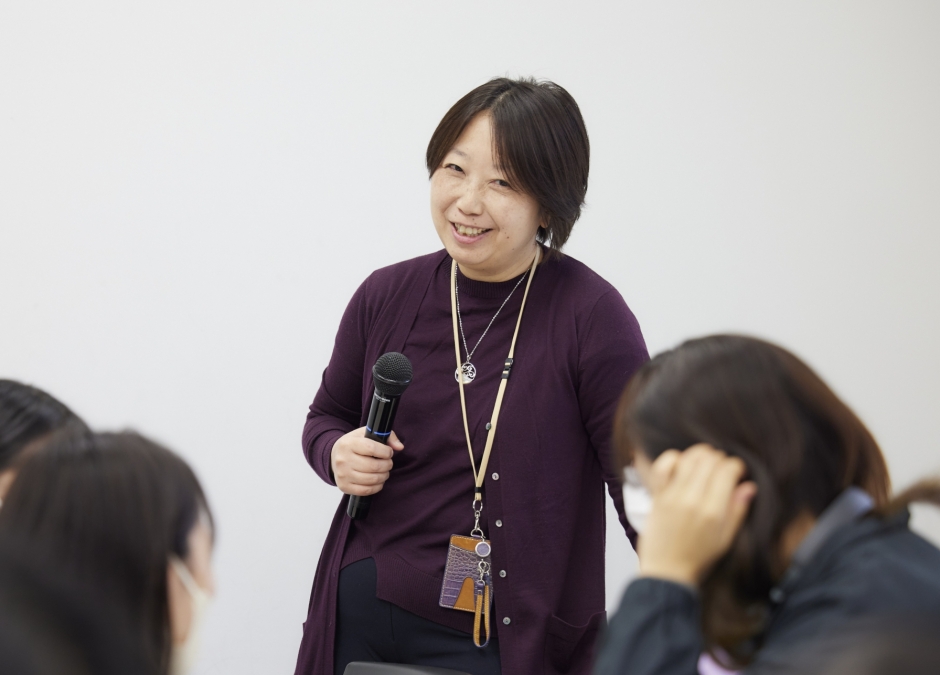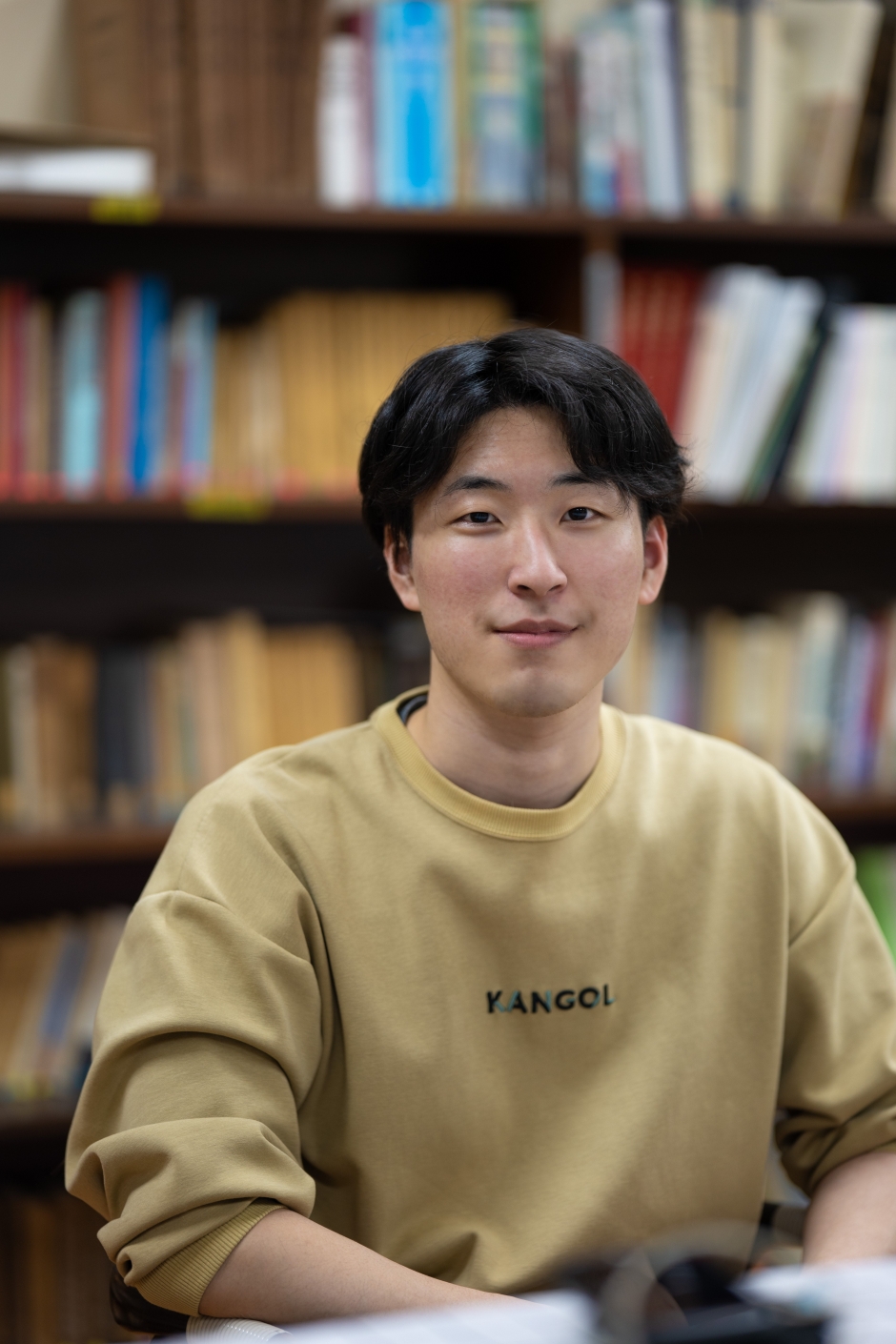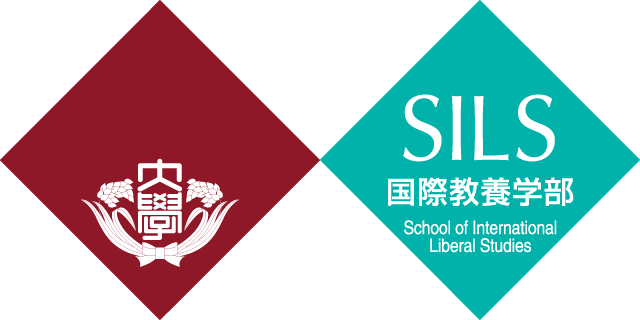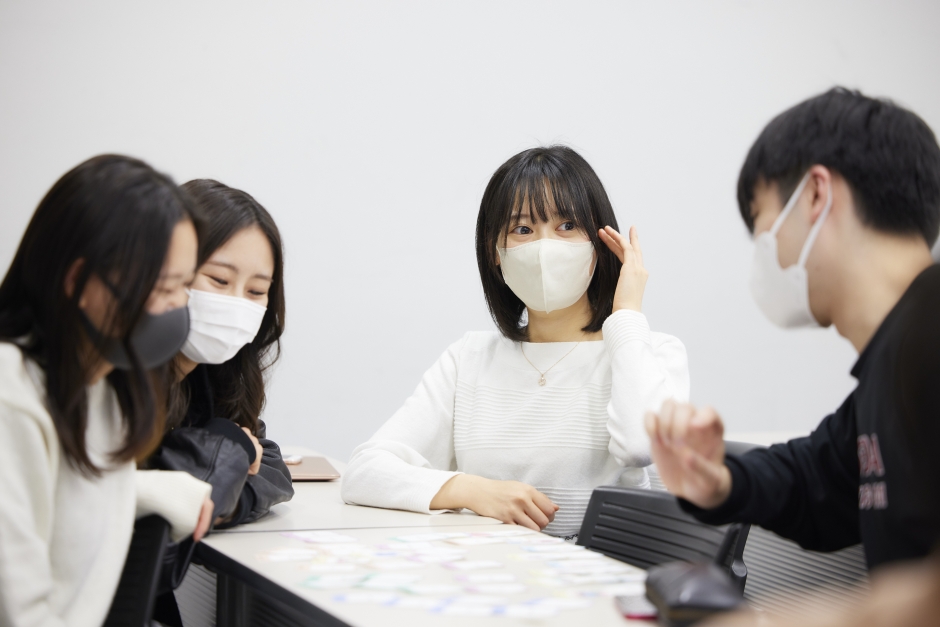- News
- Course Introduction:Seminar on Mind and Body
Course Introduction:Seminar on Mind and Body

- Posted
- Tue, 25 Apr 2023
 |
||||
|---|---|---|---|---|
AZUMA, Rayna
|
||||
| That famous author that I saw on the news yesterday – I know the name but cannot remember now! Why? My little niece burst into tears when I cuddled her, though we got on fine the other day. Why? I seldom drink fizzy drinks, but today I bought one at a shop. Why? My mother says cooking with meal-kits is easy, but took me twice as long as it says on the instructions! Why?
Psychology is a science of behavior and mental processes, and often, it starts with noticing something that people may take for granted and wonder why and how they happen. Even in this age when information comes in various shapes and sizes, without even having to seek for them, there are wonders around us if only you stop to notice. Explanations may be found, but if you can test to confirm them or find something new, it gives great pleasure, motivation to know more. In Seminar on Mind and Body, students find such wonders and address them sometimes individually, other times in groups, but always with the instructor’s and mutual input and support. It is a place where you can freely pursue what makes you wonder. |
||||
– Japan lags behind in terms of understanding mental illness, but I would like to devote myself to making Japanese society a little better –
I joined this seminar after studying abroad. I studied at Yonsei University in South Korea, where I had an opportunity to think about mental illness from a variety of perspectives. There I took clinical psychology classes, which were mainly aimed at studying mental illnesses. I also got engaged in charity work at a school for students with mental illnesses. I met people with autism, people suffering from uncontrollable behavior, and other people who needed support from others. There I realized how naive I was to think that disabilities of others were not my problem. I wanted to learn more about them, so I joined this seminar after returning to Japan.
The Azuma Seminar is the only seminar in the College of International Liberal Studies that deals with psychology. Professor Azuma specializes in cognitive psychology, but she also teaches other spheres of psychology as well. Classes are led by the head of the seminar and her assistant and are student-driven. The contents include: 1. discussions on assigned papers, 2. group debates on psychology-related topics, and 3. experimental activities in groups divided by interests.
- Discussion
The discussion involves taking one paper from each field, such as cognitive psychology or social psychology. The group tasked with presenting a paper for the week chooses one in their area of specialization and sets up discussion questions. Students are expected to read the papers before the class and discuss it. During the class, the students will be randomly divided into groups for discussion regardless of their field of study. The papers used in the class included one titled “An exploration of mental distress in transgender people in Ireland with reference to minority stress and dissonance theory”, and another called “Finding positive meaning in memories of negative events adaptively updates memory”.
- Group Debate
During the first group debate session the students are divided into four groups. One group will be in favor, another one against, and the remaining two groups will play the role of observers. In the next session, the observers are also divided into groups for and against, while the rest become observers. Topics we have covered during group debate included “Preferences in social interactions: people like you or people different from you?”
- Experiments
Experiments are conducted throughout the semester. Based on a questionnaire survey, the series of steps include division into groups, designing the content of the experiment, preparing for the experiment, conducting the experiment (data collection), analyzing the results, presenting the results, and submitting a report. The content and methods of the experiment are determined freely, so students consult with their teammates to create a framework with the advisory assistance of the professor. This is an activity that cannot be experienced during lectures and is unique to the Azuma Seminar.
In addition to the above, we also invite alumni of the Azuma Seminar as guest speakers to speak about their experiences. In the class I participated in one of the alumni speakers was a practicing mental therapist whose work is quite similar to what I would like to do in the future. In addition to her, there were many others who have gone on to graduate schools in Japan and abroad and are active in the field of psychology. Through the activities and encounters I have had at the Azuma Seminar, my desire to pursue a career in psychology has become even stronger. Japan lags behind in terms of understanding mental illness, but I would like to devote myself to making Japanese society a little better.
 |
This article is written by…
SEONG, Lyeen
|
||||
*This article is current as of January 2023.
*This course may not be offered every semester.

